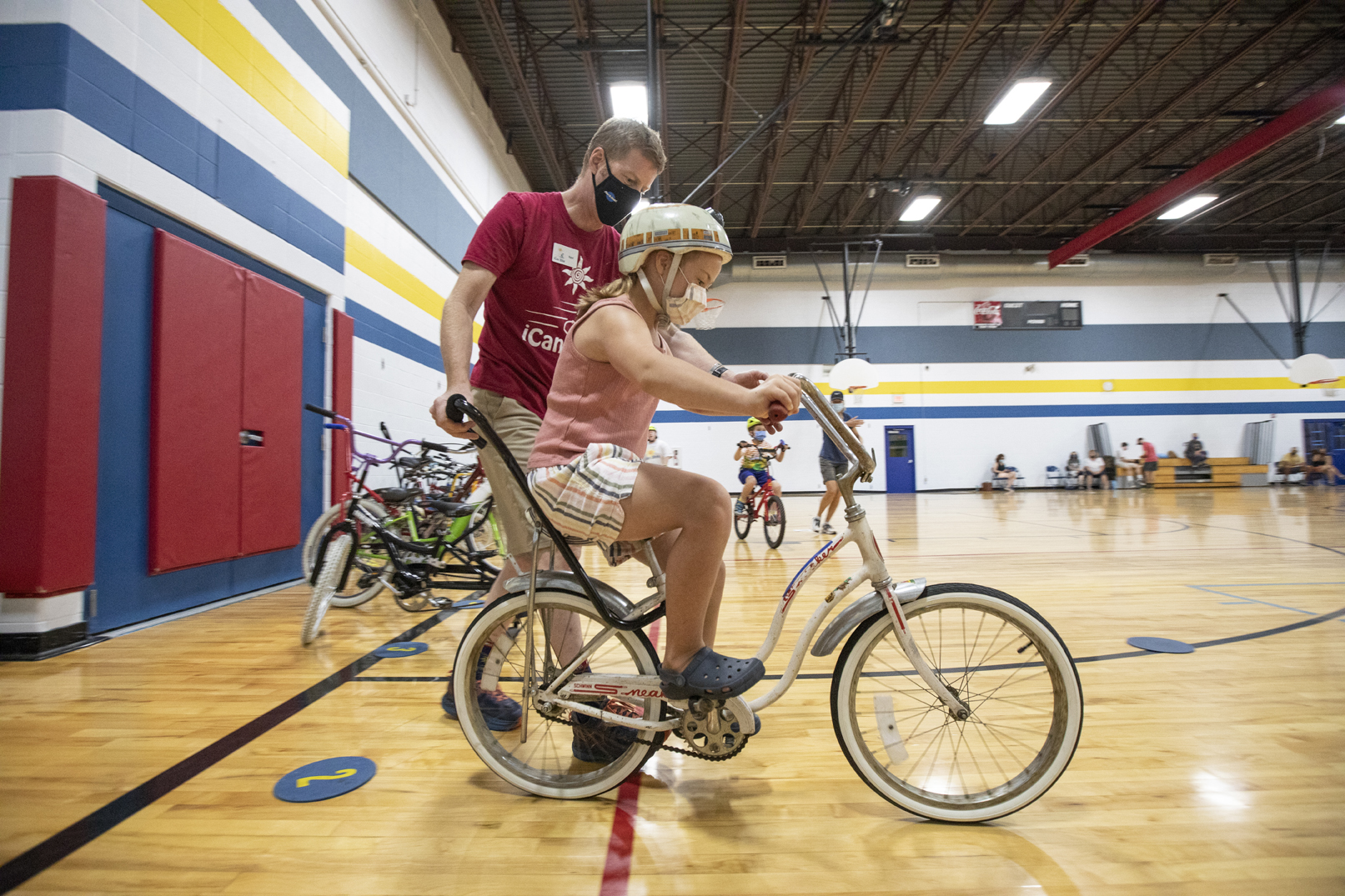Everyone in the world deserves an advocate. Unfortunately, this isn’t the experience for many individuals with disabilities. When it comes to fully understanding and adapting to everyone’s needs, society has a lot of catching up to do.
In the Covey community, we know that a person’s unique abilities do not determine their worth. However, for many years, people with disabilities have been met with physical, environmental, social, and organizational barriers. While instances of intentional discrimination certainly exist, disability barriers can be as simple as refusing to adopt disability-friendly options, turning everyday occurrences into anxiety-inducing challenges.
Common Barriers for Adults With Disabilities
Transportation
Mobility is a common challenge for many adults with disabilities. Some individuals are not able to own and operate their own vehicles, so they rely on public transportation to travel from place to place, like going to the grocery store or visiting friends. Public transportation should be an easy and convenient option for everybody, but oftentimes, it’s inaccessible for individuals with disabilities. To overcome this barrier, many adults with disabilities rely on paratransit transportation services to meet their mobility needs.
Employment
The U.S. has a disproportionately high unemployment rate for individuals with disabilities. A majority of this joblessness is due to disability discrimination, meaning that some employers treat an individual unfairly based on his or her disabiliy. This can look like harassment, refusal to provide accommodations, and even firing an employee on the basis of their disability alone.
Voting
Every citizen should be able to exercise their right to vote. Yet, voting accessibility has been a longstanding challenge for individuals with disabilities. For example, lack of wheelchair ramps, voting ballots that are difficult to read, and long lines can all be problematic situations when an individual with a disability is trying to cast their vote.
Housing
Finding accessible housing is challenging for adults with disabilities. Due to the reality of housing discrimination (which is illegal, yet still practiced), people may get turned down for a place to live due to their disability. Housing providers may also refuse to allow reasonable modifications that cater to the disability, or they may charge a higher security deposit than for someone else.
Barriers to disability inclusion prevail in our society, and the ongoing lack of accessibility for adults with disabilities should not be ignored. As caring citizens, we have the responsibility to become advocates for adults with disabilities. It’s up to us to build an inclusive community of advocates and set a better precedent for the future.
What is the role of an Advocate?
An advocate is someone who publicly supports a specific cause and isn’t afraid to defend a group of people who are faced with injustices. Advocating for a group that is oftentimes ignored is a way of giving them a voice in the matter, amplifying their concerns instead of overlooking them. Being a disability advocate contributes to a more inclusive, accepting society.
Having a disability should not impede someone from living their everyday life to its fullest potential. Continue reading to learn 4 ways you can become a disability advocate!
How to Become a Disability Advocate
Want to emphasize the importance of inclusion in your community, but don’t know where to start? Here are some actions you can take to become a disability advocate and truly make a difference:
- Provide information to people with disabilities about their human rights and identify instances of discrimination. Knowledge is power, so individuals with disabilities should always be informed on what they can do to live more independently.
- Lobby the government to make changes that protect the rights of people with disabilities. If you see disability discrimination going on in your city, make sure to write to a government official and urge for a change. After all, they’re the ones making the big decisions.
- Campaign for social changes in the community. If more people were aware of the challenges that individuals with disabilities endure every day, there would be more support for change. The more information you spread, the better!
- Support disability advocacy organizations. Become a part of disability communities to learn more about their rights, local resources, and guidance for disability services.
Wisconsin-Based Disability Advocacy Organizations and Resources
- Disability Rights Wisconsin provides individuals with disabilities the chance to defend their rights through legal assistance or self-advocacy groups.
- Wisconsin Board for People with Developmental Disabilities addresses the needs of people with developmental disabilities by advocating for access to disability services and community inclusion.
- Great Lakes ADA Center offers training, information, and guidance on disability access in Wisconsin.
- Wisconsin Medicaid – Wisconsin Department of Health provides information about how to apply to Medicaid services.
- Legal Action of Wisconsin, Inc. grants free legal assistance to low-income individuals who need to fight for their rights but don’t have the financial resources to do so.
- Long-Term Care Ombudsman responds to any problems that may occur in regards to residents of long term care facilities, such as nursing homes and community-based residential care.
Covey Advocates for Disability Housing Rights
As a non-profit organization devoted to the personal growth of individuals with disabilities, Covey believes that advocacy plays a significant role in helping people who may struggle with inaccessible resources on a daily basis. One of the best parts about Covey is that we see value in every individual for their unique self, and we always advocate for their rights!
One way we’re making headway in combating the housing discrimination crisis for individuals with disabilities is with Adult Family Homes. In just a few months, these residences—modified with wheelchair ramps, grab bars, and more—will be move-in ready. Each home offers an opportunity for up to four adults with disabilities to live independently, with access to caregiving when needed. We can’t wait to see our clients grow and learn from this exciting new chapter in their lives!
Stay up to date with our adult family homes progress and other news when you follow us on Facebook!

